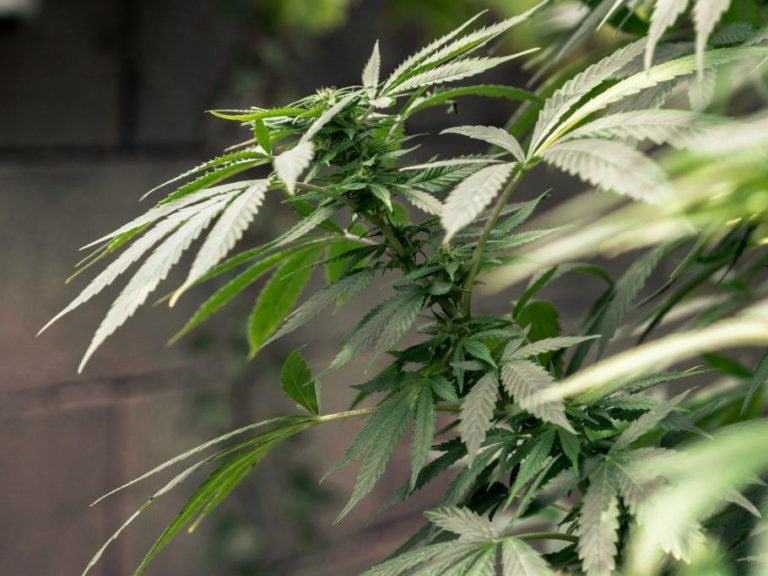Magu, the Taoist goddess of hemp
List of contents
Often, and especially in countries like China, considered in fact by many researchers as the cradle of cannabis, legends, historical figures or deities appear with some kind of relationship with our most beloved plant.
Today we are going to tell you about one of these cases, an interesting figure from Taoism represented by a beautiful young woman with long nails who protects the sacred mountain Tai, in the Chinese province of Shandong. We are talking about Magu, the one that many know as Hemp Maiden.
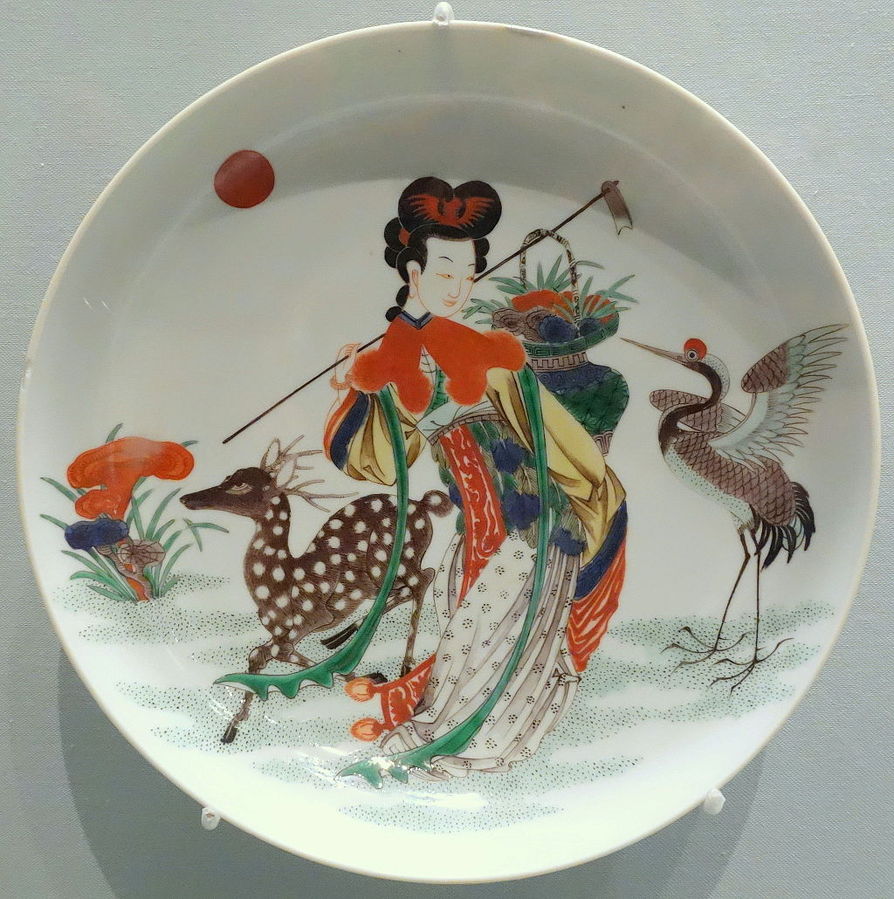
What is Taoism?
Taoism is a philosophical religion and belief system originating in China that dates back to the 6th century BC. The central philosophy of Taoism is based on the concept of the Tao, which is defined as the path or pathway that governs the universe and all forms of life. The goal of the Taoist is to achieve harmony with the Tao and live a balanced and peaceful life.
Taoism has greatly influenced Eastern culture and philosophy and has been one of the most important religions in China for centuries. The Taoist religion includes both spiritual and therapeutic practices and beliefs, such as meditation, diet, and natural healing. Taoists believe in the importance of living a simple life in harmony with nature, and in the search for immortality and longevity through the practice of balanced nutrition and meditation.
In addition, Taoism has developed a wide range of mystical practices and beliefs, including the veneration of gods and deities, divination, and magic. The Taoist religion has also made important contributions to Chinese literature and poetry, such as the Tao Te Ching, one of the most important books of Taoism written by the philosopher Laozi.
Magu, goddess of healing, nutrition...and cannabis?
Magu is a Taoist deity who is considered the mother of food and is revered in this religion as the goddess of nutrition and healing. She is said to have the power to provide longevity and eternal youth to those who honor her.
In Taoist mythology, Magu is portrayed as a beautiful young woman and is described as a kind and compassionate deity who helps those who invoke her to achieve health and happiness. In religious practices, she is often invoked in ceremonies and rites to ask for her blessings and to honor her role as protector of health.
While she is a well-known deity throughout China, it is in the Sichuan province that Magu is particularly popular. In fact, in this area stands the temple of the Goddess Magu, a pilgrimage site for a large number of Taoists, because it is not in vain that Mount Qingcheng, located in the same province of Sichuan, is considered one of the places of birth of Taoism. In this same area, you can visit the spectacular palaces of Jianfu and Shangqing, as well as the Tianshi cave.
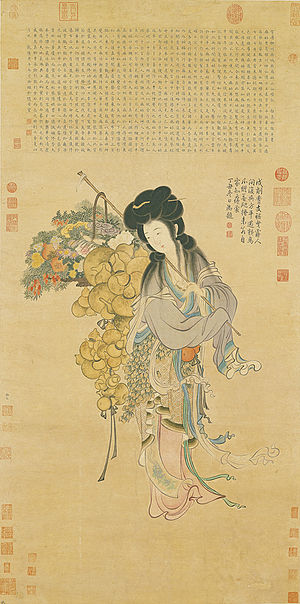
It is important to keep in mind that the figure of Magu is not exclusive to China and its culture, and can vary in one way or another in terms of different interpretations and traditions. Indeed, in other places like Korea, Magu, also known as Mago, is also venerated, being adopted in Korean tradition as a popular deity also associated with longevity and immortality.
According to legend, Magu (or Mago) is a beautiful mountain-dwelling woman who is capable of living for a thousand years without aging (a phenomenon similar to that of Jennifer Lopez?). It is said that she is capable of curing any disease and that her presence brings prosperity and happiness. It is also said that Magu is an expert in the art of alchemy and that she knows the secrets of immortality.
In Korean tradition, Magu is often depicted wearing silk clothing and holding a lotus flower. She is associated with spring and her presence is believed to bring good fortune and prosperity. Magu is also a popular figure in Korean popular culture, appearing in movies, television series, and other media. In some Korean folk tales, this deity is associated with hemp, describing how she shows how to weave with her fibers. In fact, magoists believe that hemp is a sacred plant, and as such, they used it for different purposes, from medicinal to uses as food, clothing, or in various rituals.
Other places where the Goddess Magu is worshiped
We have seen how the worship of this figure is not exclusive to China, but is expanding to other nearby territories such as Korea. However, in other parts of Asia, this young maiden is also revered, such as in Japan, where she is also called Mako or Mago and is associated, once again, with prosperity and good fortune.
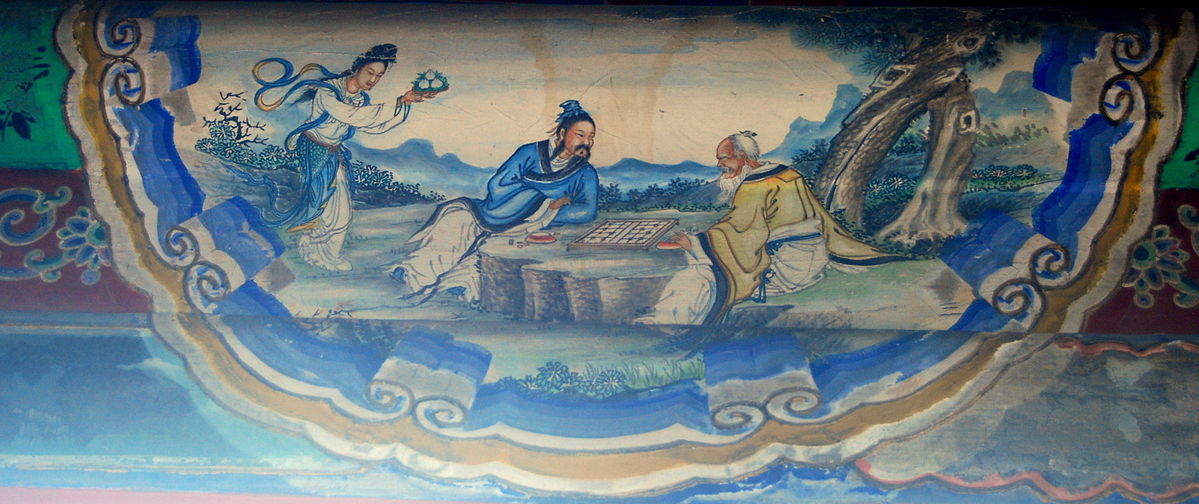
Although her worship is less popular than in China, there are still several Shinto shrines and Buddhist temples where she is worshipped. One of the best-known shrines is the Mako Shrine in the city of Nara. This shrine was built in the 8th century and is famous for its carved wooden image of Mako. In this sacred place, the faithful can say their prayers and make wishes for good fortune, prosperity, happiness, and health. As it could not be otherwise, amulets and talismans are also sold in the sanctuary to bring the blessing of the goddess to the faithful.
In addition to Shinto shrines, Magu is also revered in some Buddhist temples in Japan, where she is associated with compassion and healing. One of the most famous Buddhist temples dedicated to Magu is the Tokei-ji Temple in Kamakura. In general, the cult of Magu in Japan is a mixture of influences from Chinese Taoism and Japanese Shinto and Buddhist religions. The goddess is seen as a benevolent and protective figure, bringing good fortune and prosperity to those who devoutly worship her.
Another country where this deity is worshiped is Vietnam. In this area, Magu is known as Mạc Đồng or Mạc Dực, and she is considered a protector goddess of villages. The Vietnamese see it as a benevolent figure that brings good luck, health, and happiness to the community, traits that as you can see are common regardless of the area in question.
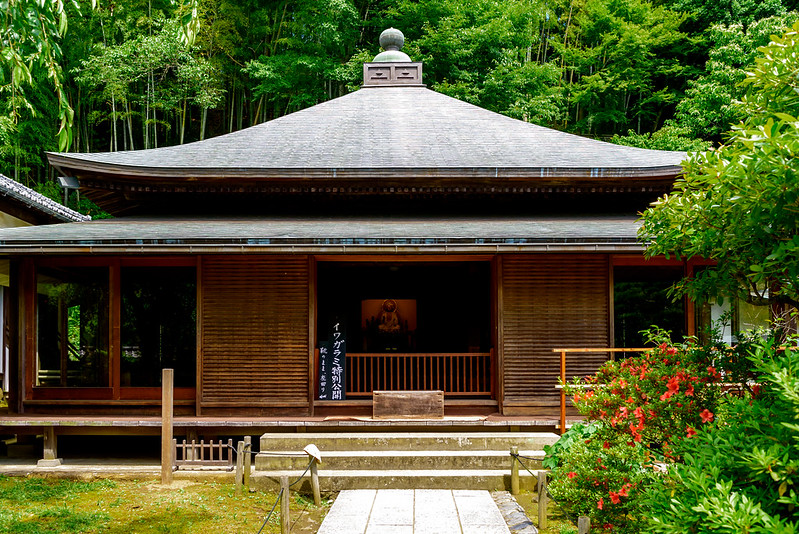
The cult of Mạc Đồng in Vietnam is mainly a folk practice that takes place in rural areas. The villagers build altars dedicated to the goddess in sacred places such as rice fields or forests. They also organize ceremonies and festivals to honor her and ask for her protection.
During festivals, the villagers prepare special foods and drinks to offer to the goddess on the altar. They also hold processions with music and dance to pay homage to Mạc Đồng. In addition to her role as protector of the village, Mạc Đồng is also associated with healing in traditional Vietnamese medicine. It is believed that healers can call on her for help to cure illness and disease.
To conclude, we must mention the existing controversy regarding the association of Magu with cannabis. Although some authors and historians support this theory, others reject it arguing "lack of evidence". We refer you to the discussion between Hellmut Wilhelm and Wolfram Eberhard as an example of this lack of agreement between the different scholars on the subject.
Good fortune and prosperity!





























































